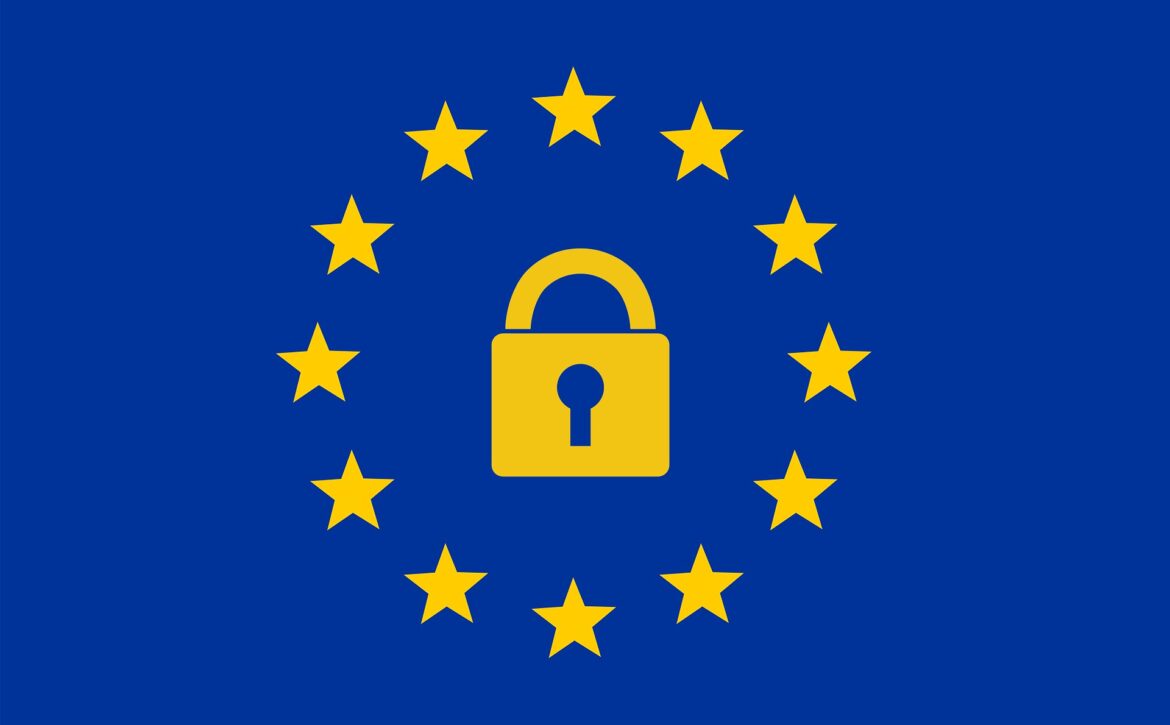
As artificial intelligence transforms the legal landscape, Luxembourg lawyers face important questions about how to integrate these powerful tools while adhering to professional obligations. This article explores the current regulatory framework and ethical considerations surrounding AI use in legal practice.
Current Regulatory Status
It’s important to begin with a clear understanding: there are currently no specific ethical or deontological rules that prohibit the use of AI solutions in legal practice in Luxembourg. The Luxembourg Bar has not issued any formal recommendations or restrictions regarding AI implementation.
In fact, major European legal organizations actively encourage AI adoption:
- The Council of Bars and Law Societies of Europe (CCBE)
- The European Bars Federation (FBE)
Both organizations recognize AI tools as a significant opportunity for law firms of all sizes to:
- Adapt to evolving client expectations
- Compete effectively in areas previously dominated by larger firms
For valuable resources on AI implementation in legal practice, the AI4Lawyers platform offers extensive guidance tailored for European legal professionals.
Applicable Regulations for Luxembourg Lawyers
While there are no AI-specific rules, Luxembourg lawyers must consider how existing regulations apply to AI use. These include:
1. Règlement Intérieur de l’Ordre des Avocats du Barreau de Luxembourg (RI)
The internal regulations of the Luxembourg Bar establish fundamental principles that must guide AI implementation:
- Dignity, Independence, Probity, Confidentiality, and Loyalty (Article 1.2)
- AI tools must not compromise any of these core values
- Competence and Diligence (Article 2.4.4)
- Lawyers must understand AI capabilities and limitations
- AI does not replace professional judgment or responsibility
- Professional Secrecy (Articles 7.1.3, 7.1.4, and 7.1.5)
- AI systems must protect client confidentiality
- Data processing through AI must not create security vulnerabilities
- Duties toward Clients and Courts
- AI-generated content requires verification before submission
- Lawyers remain responsible for all work product
- Supervision of Collaborators
- This principle extends to AI tools, requiring appropriate oversight
2. Code de Déontologie des Avocats Européens (CCBE Code of Conduct)
Adopted by the Luxembourg Bar and legally binding, the European Code of Conduct emphasizes:
- Trust and Personal Integrity (Article 2.1)
- AI should enhance, not undermine, client trust
- Confidentiality (Article 2.3)
- AI systems must maintain strict information security
- Competence and Care (Article 3.1)
- Lawyers must be sufficiently familiar with AI tools they employ
- AI output must be reviewed with professional judgment
- Relations with Clients, Courts, and Colleagues (Article 5)
- Transparency about AI use may be appropriate in certain contexts
3. Luxembourg Penal Code
Lawyers face criminal liability for breaches of professional secrecy (Article 458), which creates significant implications for AI use:
- Any AI processing of client information must be secure
- Third-party AI providers must offer sufficient confidentiality guarantees
- Data storage locations and access controls are critical considerations
4. GDPR (General Data Protection Regulation)
The GDPR creates substantial obligations for all data processing, including AI:
- Lawful Basis: Processing requires justification, typically client consent or contract necessity
- Data Minimization: Only essential information should be processed through AI
- Privacy by Design: Systems must incorporate data protection from the outset
- Data Security: Technical and organizational measures must protect against breaches
- Transparency: Clients may need to be informed about AI processing of their data
- International Transfers: Many AI services store data outside the EU, requiring additional safeguards
Practical Implications
These regulations create a framework for responsible AI adoption:
- Due Diligence in Selection: Evaluate AI providers for security, confidentiality, and GDPR compliance
- Client Transparency: Consider when and how to inform clients about AI use
- Verification Protocols: Establish procedures for reviewing AI-generated content
- Training Requirements: Ensure all lawyers using AI understand its capabilities and limitations
- Data Processing Agreements: Formalize relationships with AI providers to ensure compliance
- Documentation: Maintain records of AI implementation decisions and safeguards
Conclusion
While Luxembourg lawyers enjoy significant freedom to adopt AI innovations, this freedom comes with the responsibility to ensure these tools align with existing professional obligations. The ethical framework that has long guided legal practice provides the foundation for responsible AI adoption.
By thoughtfully integrating AI tools within these established principles, Luxembourg lawyers can enhance their practice while maintaining the high standards of the profession. As the technology evolves, staying informed about both technological developments and regulatory responses will be essential for all legal professionals.
For those interested in exploring AI implementation further, the resources available at AI4Lawyers provide an excellent starting point for developing a compliant, effective AI strategy.




